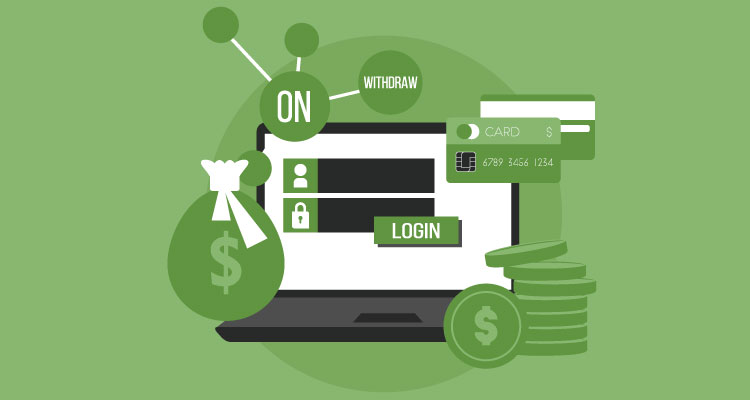When you own your own business and have no storefront, very little overhead, and no employees, you can basically keep what you earn. However, if your business starts to grow that could all change. You could find a need for more cash.
Figuring out whether or not to pay yourself, and how much, can be challenging in some respects. When you talk to other business owners you’ll find there is no set way to do it.
Some business owners take full advantage and pay themselves a hefty salary. Others take nothing, preferring to invest back into their business instead. This may make you question if you should avoid taking personal draws from your business.
Table of Contents
ToggleYou Deserve a Paycheck
As the owner, you get to decide if, when, and how much you should get paid for your efforts. Setting up a business is hard work. As the owner, you deserve to enjoy the fruits of your labor just like everyone else getting a regular paycheck.
In addition, you may need the money to pay bills, or outstanding debt. So, if you decide you deserve and need a paycheck, talk to your accountant or tax attorney about it before you withdraw money.
How is the Business Set Up?
The way your business is set up can be a factor in determining when and how you should get paid. If you take money out in the wrong way, it may send the wrong message to the IRS.
To avoid fines and penalties for incorrect payroll tax reporting, it is wise to consider the way your business is structured. For example, if your business is set up as a corporation, you must be on the payroll and receive regular checks that account for withholdings.
Taking Personal Draws
When you take personal draws, or remove money, from your business, it is generally for personal use. Business owners who can take a draw are usually sole proprietors, owners of limited liability companies, or a partner in a partnership.
A draw may be taken by simply withdrawing money from the business bank account. However, taking draws vs a salary has different effects when it comes to your taxes. To do it correctly, talk to your tax preparer first.
How to Avoid Taking Personal Draws
Taking a draw from your business reduces what you have invested in the business. Furthermore, it is not taxable income. But, there is a drawback.
The IRS is watching S Corporation owners closely. Some have tried to avoid paying payroll taxes by taking a draw instead of a regular paycheck. This could cause your business to incur fees or penalties later on as a result of not paying yourself properly.
Taking draws rather than regular paychecks affects you in another way as well. It may make it appear that you have no income if you are trying to get a mortgage or personal loan.
When considering whether or not you should take personal draws from your business, it may be wise to consult your accountant first. Although you deserve a paycheck, you want to withdraw money correctly. This will help avoid negative repercussions that could occur from paying yourself the wrong way.













